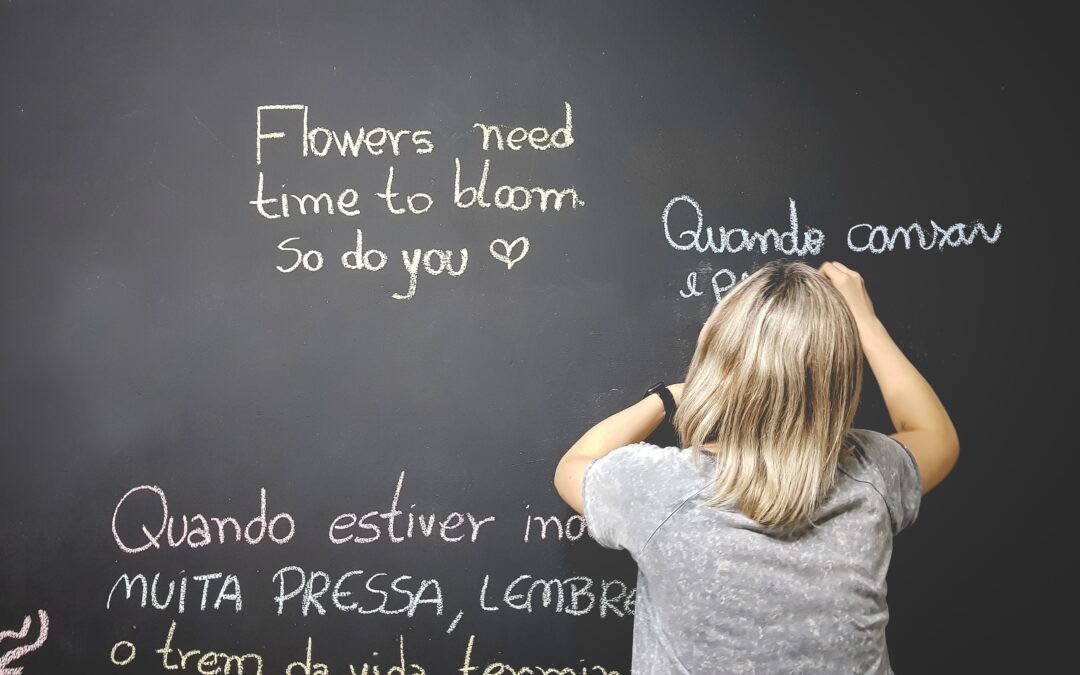I arrived in Lyon, France, just in time to welcome 2021. I could barely form sentences in French when I tried to get a cab from the airport and wanted to tell the driver where to go. Now, I can converse in French for long periods in person and over the phone.
I have been where you are right now. I know how you feel about learning a new foreign language. But I found a way to learn French, and so will you. The difference between people who learn a new foreign language and those who struggle is their mindset. You have to move past the excuses and believe that it is possible.
You don’t need me to tell you this; learning a foreign language is hard. There are no hacks and shortcuts in this article. During my two-year stay, I tried every hack and tactic to become fluent in French. Nothing works as practice does. It took me hours of effort and conversations to get where I am with French.
This article shares some advice that worked for me when I tried learning French. I found that these tips work for learning other languages as well. Here goes.
TIP #1: CONVERSATIONS ARE THE BEST WAY TO LEARN

It takes hours and hours of awkward conversations with people who are better than you at speaking your target language. Conversations are how we learn our native language as children.
An hour of conversation (with corrections and a dictionary for reference) is as good as five hours in a classroom and 10 hours with a language course by yourself. Here’s why:
- It’s motivation. You are more likely to be motivated and invested in communicating with another person than using a book, app, or audio program.
- Language is meant to be processed, not memorized. Staring at foreign words off flashcards for hours doesn’t stick the same way as using words in a conversation.
I believe the reason is that our minds prioritize memories that involve actual human and social experiences, memories with emotions tied to them.
So, for instance, if I look up the verb “to dance” and use it in a sentence with a new friend, chances are I’m always going to associate that word with that specific interaction and conversation I was having with her. Whereas I can blow by that same word 100 times with flashcards, even though I may get it right, I haven’t practiced implementing it. It means nothing to me, making it less likely to stick with me.
I had the same problem with English vocabulary when I tried memorizing words for the GRE. The best way to build your lexicon in any language is through conversation.
TIP #2: START SPEAKING ON THE FIRST DAY

When I was trying to learn French in Lyon, so were many of my MBA classmates. One of the things I heard from them is that they don’t feel comfortable speaking just yet; they need to learn the language first. They felt conscious of their pronunciation, diction, and ability to form complete sentences.
Waiting to learn a language before speaking is a bad idea. I have seen people in India go through the same problem. The key to learning any skill is to start doing it; only then can you improve. As Ralph Waldo Emmerson said, “Do the thing, and you shall have the power.”
Learning a foreign language is like learning how to swim. You can’t learn to swim without entering the pool. Hoping to get better at languages without speaking them is like trying to swim without water. You will improve at languages only when you start using them, regardless of your limited capability.
TIP #3: DEEP STUDY AND IMMERSION

I learned French in school for 7 years, no kidding. When I moved to France 10 years later, I barely remembered anything. Language teaching in schools is not the ideal way to learn any language. That’s because studying deeply for short periods of time is better than studying for one hour a day for months.
Language learning requires you to be consistent, commit to the process, and immerse yourself in your target language. You want to experience the language and live it. By contrast, school lessons last for less than an hour; they are 2-3 times a week and separated by multiple days.
TIP #4: LANGUAGE CLASSES AREN’T AS EFFICIENT AS YOU THINK
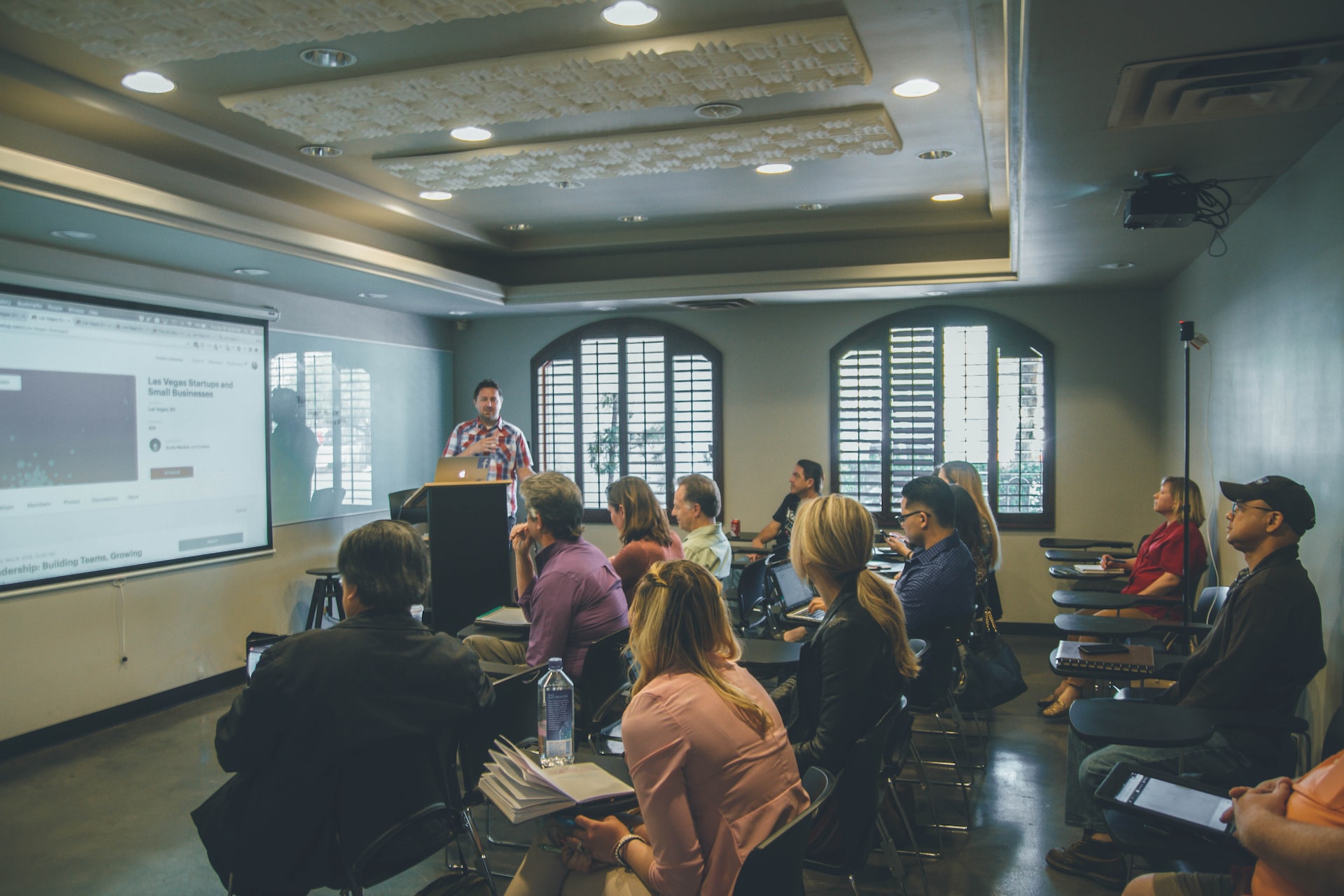
Group language classes are one of the most popular foreign language options. They are not the best option if you consider the return on the time, money, and effort invested.
There are two problems. Group language classes move at the pace of the slowest student in the class. The second problem is that learning a language is a fairly personal process. Everyone learns different parts of the language naturally. Someone may be good with verbs, while you may be good with tenses. A group environment doesn’t cater to anyone’s personal needs in the right way.
In my case, I knew some French from my school days. I didn’t remember much of it, but it returned to me after studying for some time. I was familiar with many lessons which I could have skipped. In a group class, I would have to wait for the rest of the class to catch up.
I am sure that there were people in the class waiting for me to catch up on topics they knew well and about which I was completely clueless. No matter what the situation, the class will never move at the right speed for you.
The larger the classroom, the less efficient it’s going to be. Anyone who had to take a foreign language in school and retained absolutely none of it can tell you this.
TIP #5: START WITH WHY: KNOW YOUR MOTIVATION
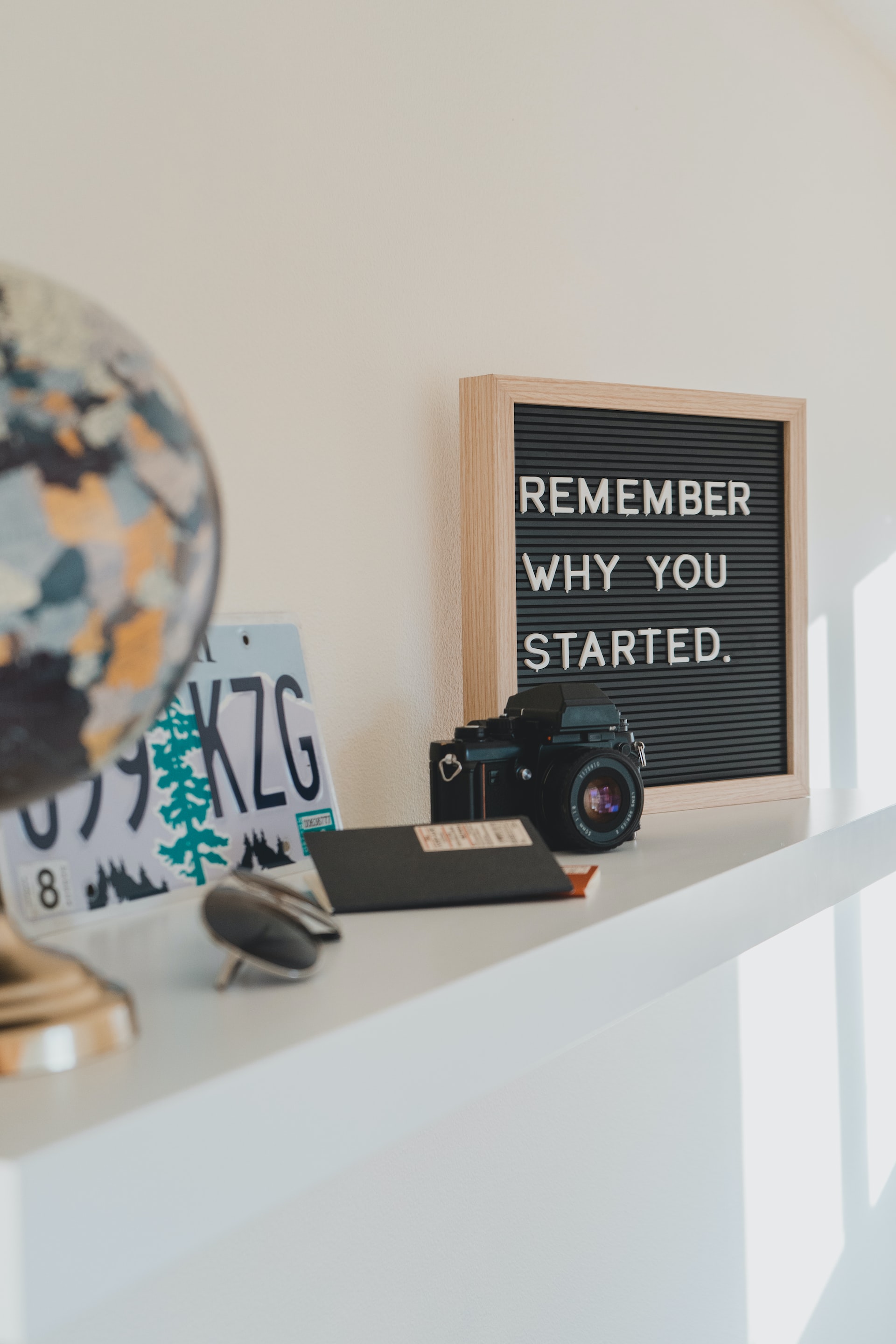
I don’t think I need to say this, but I am saying it: You need to know why you want to learn a new language if you want to master it.
Many people start learning a language without knowing what they’ll use it for. And, sure enough, they fail. You can know all the tips and tricks there are to learn a language, but if you don’t know the why behind it all, how it’s going to enrich your life, chances are you’re going to lose motivation, and the learning will fizzle out like an engine sputtering out of gas.
Not all motivation is created equal. There are good motivations and bad motivations for learning a new foreign language.
Are you moving to a different country? Are you planning a trip abroad and want to be able to order food in a restaurant or ask for directions so you can get around using the local language? You might be fascinated by a foreign culture and want to dive into it deep? All of these are good motivations.
There are bad motivations too. Trying to learn a language just to impress a cute girl doesn’t cut it. Wanting to learn French to look smart in front of people or learning Spanish because you think it’s “mucho sexy” are all bad motivations.
Motivation is a tricky thing. You can will yourself to learn something difficult for a short period of time. But in the long run, you need to reap some practical benefit from your efforts. Without that, you’ll eventually burn out.
TIP #6: SET BETTER LEARNING GOALS THAN FLUENCY

Language learning goals are best if they are short, simple, and easily measurable. Many of us embark on studying a language by saying, “I want to be fluent in Japanese in six months!”
The problem is, at what point could you call yourself a fluent speaker of any language? Casual conversation? Reading and writing? Discussing legal issues for your business? The definition of fluency depends on who you ask. Some people consider fluency as being a native speaker of that language who can use complex words and participate in academic debates. That’s too much, and if that’s the benchmark, I don’t think I am fluent in my mother tongue.
Let’s look at a more formal definition from the Oxford English Dictionary:
Fluent adjective: (of a person) able to express oneself easily and articulately; able to speak or write a particular foreign language easily and accurately; (of a foreign language) spoken accurately and with the facility.
Oxford English Dictionary
I don’t see any implication here that you have to pass yourself off as a native speaker or never make mistakes. Speaking a language accurately and with facility is precisely what I have in mind when I aim for fluency.
Instead, it’s better to set clearly defined goals. Start with something like, “By the end of today, I will know how to greet someone and introduce myself. In two days, I will learn how to ask someone what they do for a living and explain to them what I do. By the end of the week, I will know how to procure food and avoid starvation.”
And to get you started, I’ll give you the goal of all goals, the milestone that will take you furthest on the path to fluency: “Master the 100 most common words in X weeks/months.”
TIP #7: START WITH THE 100 MOST COMMON WORDS

Did you know that an English newspaper contains about 1500 unique words? That’s a small percentage compared to the number of words present in the English language. Most words in any language are rarely used, while people use a few very commonly. Not all vocabulary is created equal.
Building your vocabulary by reading and memorizing words is not helpful. I tried learning lists of words such as kitchen items, clothing, body parts, etc. I didn’t even use most of those, which didn’t help me follow the most basic conversations.
I recommend starting with the most common words you can use in everyday situations. A few examples of those include introducing yourself, your job, how to ask for directions, talking about the weather, etc.
Practice these words and what you would say in any situation over and over again until you are comfortable. You will find that your experience using your target language becomes easier. You will have small wins daily that will give you confidence and motivate you to learn further.
Life-saving Tip: Learn to ask directions to the bathroom. You don’t want to land yourself in an emergency just because you don’t speak the language.
TIP #8: “HOW DO YOU SAY X”

Speaking of the most common words, this is the single most important sentence you will need as a learner of new foreign languages. If you learn this early on, you can and will use it more often than you may think.
Learn how to say “How do you say X?” in your target language. I can’t overstate the number of times I have asked some local person, “Comment dire X” in French to avoid getting stuck and keep the conversation going.
TIP #9: CARRY A POCKET DICTIONARY

Doing this turned out to be a much bigger game-changer than I expected.
I used Google Translate, an English-French-English dictionary, and WordReference app during my initial days. It’s useful to keep these tools handy on your phone.
You can quickly look things up on your phone mid-conversation and start using words immediately. Doing so helps in the long run because you can recall words easily later.
This is much better than struggling during conversations and later on, forgetting that a new word ever came up. Take it from me; you will never go back to these words later, no matter what written or mental notes you make. Life happens!
TIP #10: KEEP PRACTICING THE NEW LANGUAGE IN YOUR HEAD

You can practice using the tools mentioned above even when you are alone and not conversing with anyone.
When I conversed with French speakers in English because we were in a group, I would immediately translate it in my head and say it out loud. I found this is a great way to build vocabulary because many times I would not know how to say a certain word in French so I used the “How do you say X?”
Even when I am alone, I play out entire conversations in my head. Suppose I had to go to an event in the evening where I am sure I would meet new people. I would practice my introduction, their response, and my follow-up.
One of the things that came up constantly was that people wanted to know more about my country when I told them I was from India. So I practiced talking about India in French and learned to ask questions about their country. Another example that you may encounter is people will ask you why you came to a foreign country or why you are learning the language
Using this technique has a couple of advantages, you get good at preempting questions that are likely to come up, and you get more comfortable answering them when you do. You will find that visualization makes having conversations easier.
TIP#11: YOU WILL MAKE MISTAKES AND SOUND STUPID

Accept it! It’s going to happen. You can either let it hold you back until you are ready or you can say, “F*ck it! I don’t care,” and learn a new language. The sooner you start making an ass of yourself, the sooner you’ll master your target language.
For example, in French, un ver is a worm, vert is green, verre means glass and vers means towards. They are spelled differently, but it’s hard to differentiate their pronunciations.
TIP #12: FIGURE OUT PRONUNCIATION PATTERNS
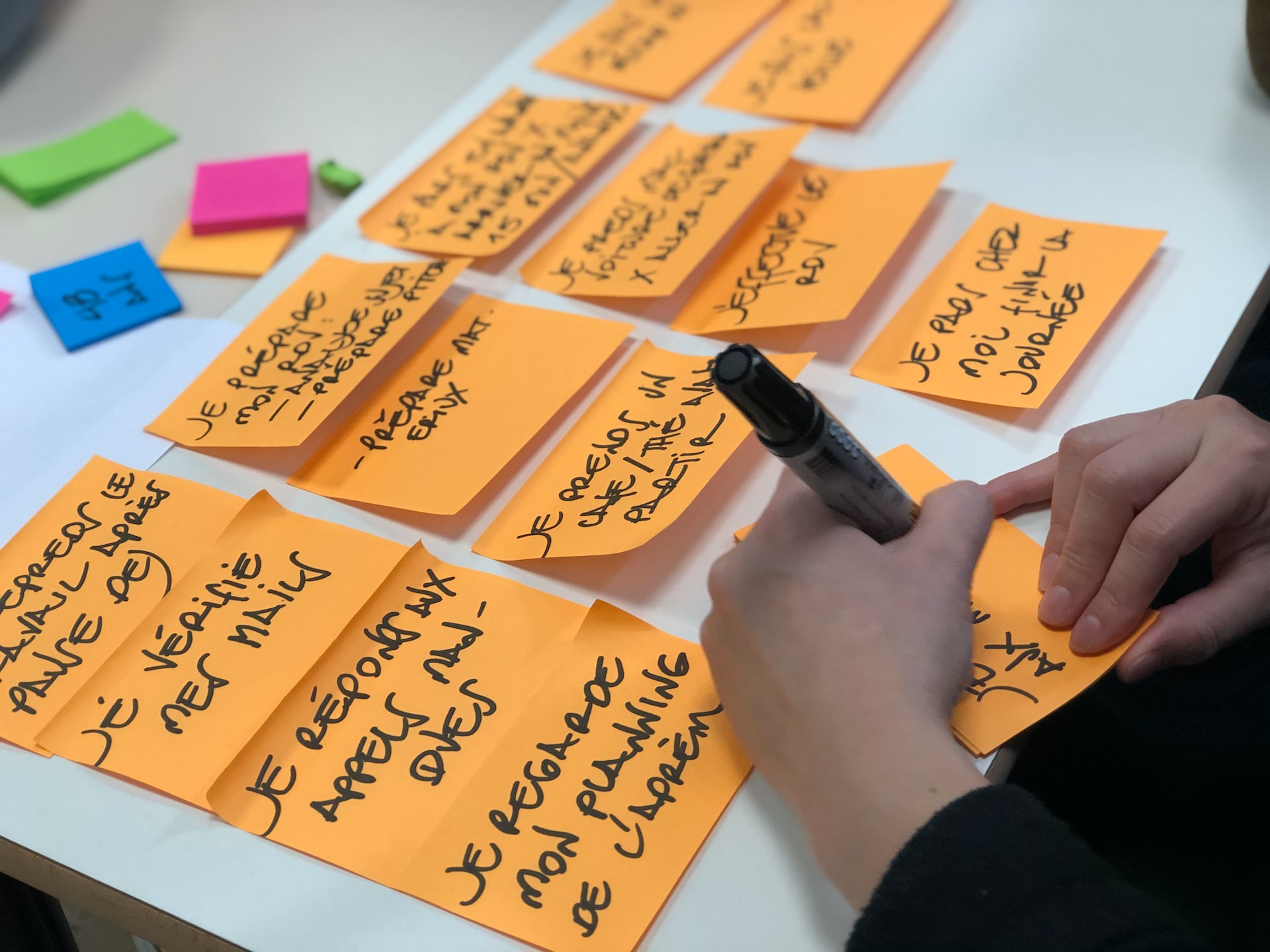
All Latin-based languages will have similar pronunciation patterns based on Latin words.
For instance, any word that ends in “-tion” in English will almost always end in “-ción” in Spanish and “-ção” in Portuguese. Fun fact, there are about 1200 “-ion” words in English, all of them have French origins. So, the spelling remains the same and only the pronunciation changes.
English speakers are notorious for simply adding “-o” “-e” or “-a” to the end of English words to say Spanish words they don’t know. But stereotypes aside, it’s surprising how often it’s correct. “Destiny” is “destino,” “motive” is “motivo,” “part” is “parte” and so on.
TIP #13: USE ONLINE COURSES AND AUDIO PROGRAMS

I said earlier that online courses and audio programs don’t have the same effect as conversations to improve your ability to speak a language. They are a great tool for learning the first 100 most common words and basic vocabulary.
These courses are great for getting you from absolutely no ability in a language to being able to speak basic sentences and phrases within a few days’ time. There are a lot of options from which to choose (I like Benny Lewis’ Language Hacking Course and Michel Thomas Language Courses).
There are many language apps you can use, such as Duolingo, Babbel, Mermise etc. Each has its own shortcomings. None is a magic pill that gives you miraculous language abilities. But there is no doubt you can use them to complement your learning.
If anything, the crowd-sourced sentences Duolingo uses to teach you grammar and vocabulary will provide great entertainment (and often a peek into what goes on in the minds of the people whose language you’re attempting to learn).
But remember, the greatest return on investment when learning a foreign language is forcing yourself to speak and communicate with others, and when you’re sitting in your bedroom with a book or a software program, you’re not being forced to formulate meaning and significance in the new language on the spot.
Instead, you’re encouraged to parrot and copy concepts and patterns you’ve observed elsewhere in the materials. As mentioned before, I feel that these are two different types of learning, and one is far more effective than the other.
TIP #14: FOCUS ON BECOMING CONVERSATIONAL

Studies have shown that the most common 100 words in any language account for 50% of all spoken communication. The most common 1,000 words account for 80% of all spoken communication. The most common 3,000 words account for 99% of communication.
In other words, there are some serious diminishing returns from learning more vocabulary. I probably only know 500-1,000 words in French and in most conversations I never have to stop and look a word up on my phone.
The basic grammar should get you to speak fundamental sentences within a matter of days.
The first few hundred words will get you pretty far. Use them to get as comfortable as possible with grammar, idioms, slang, and constructing thoughts, jokes, and ideas in the new language on the fly. Once you’re able to joke consistently in the new language, that’s a pretty good sign that it’s time to expand your vocabulary.
A lot of people attempt to expand their vocabulary too quickly and too soon. It’s a waste of time and effort because they’re still not comfortable with basic conversations about where they’re from, yet they’re studying vocabulary about economics or medicine. It makes no sense.
TIP #15: AIM FOR THE BRAIN MELT

You know how when you do a lot of intellectually intensive work for hours and hours on end, at some point your brain just feels like a lump of gravy? Shoot for that moment when learning foreign languages. Until you’ve reached the brain-gravy stage, you probably aren’t maximizing your time or effort.
In the beginning, you’ll hit mind melt within an hour or two. Later on, it may take an entire night of hanging out with locals before it happens. But when it happens, it’s a very good thing. You’ll find that reaching the brain melt while learning a foreign language increases your persistence and perseverance in other areas of life.
TIP #16: USE THE LANGUAGE DAILY

Unless you have superhuman abilities, you’re not going to become fluent in a language if you don’t use it often and consistently. The best way to ensure you hit both marks is simply to use it daily. Keep having those mental monologues. Go over those 100 words and conversational phrases you learned, so they stick.
Better yet, immerse yourself in the new language. Changing the operating language on your browser or phone will leave you disoriented for a few days, but it will get you used to seeing the language in your daily life. Listen to podcasts or the radio in your target language on your commute.
Watch YouTube videos in the language you’re trying to learn. A lot of foreign-language videos will have English subtitles. And if you’re feeling bold, you can even watch them without the subtitles! The Internet is your friend. Let it help you melt your brain every day.
To start, I used to speak in French for one half of the day and spoke English for the other half of the day. For half my day, I was studying a course taught in English and I was interacting with people who didn’t speak fluent French. When I went out in the city in the second half, I used to speak French only.
I started consuming content in French. I watch English movies that I had seen before but this time in French. I knew the words in English, so I learned many words in French. I eventually watched French movies and TV shows with subtitles and often without subtitles. Again, TV shows, movies, newspapers, and magazines are good supplements, but I don’t believe they are as helpful as having conversations.

TIP #17: ONE ON ONE CLASSES
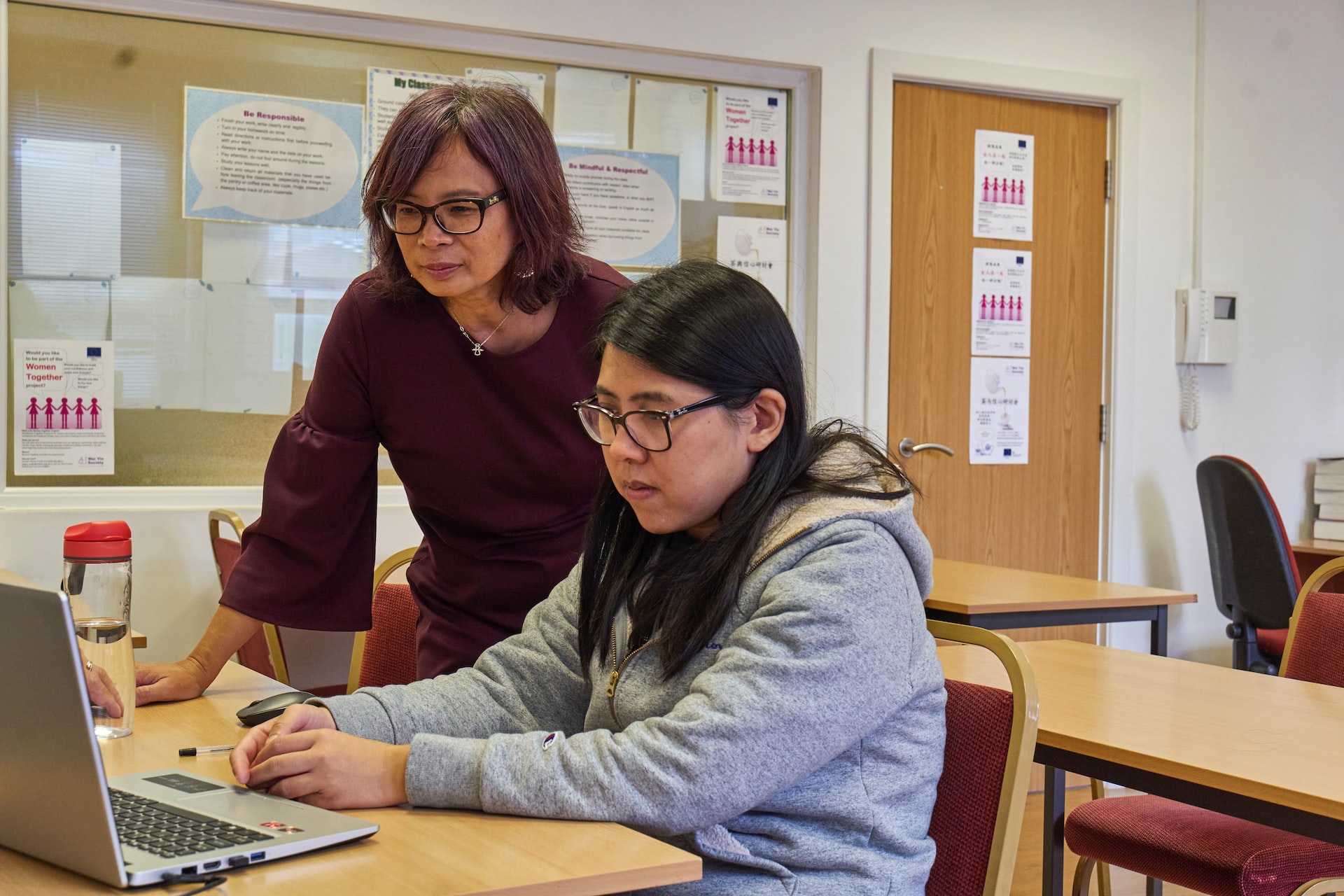
It’s also usually the most expensive use of time, depending on the language and country. But if you have the money, grabbing a solid tutor and sitting with him or her for a few hours every day is the fastest way to learn a foreign language that I’ve found.
A mere two hours a day for a few weeks with a tutor got me to at least a respectable conversational level. I could spend an entire evening without speaking English and maintain a conversation throughout the night without making too much of a fool of myself.
Speaking of which…
TIP #18: DATE SOMEONE WHO SPEAKS YOUR TARGET LANGUAGE BUT NOT YOUR NATIVE LANGUAGE

Talk about investment and motivation. You’ll be fluent in a month. And best of all, if you make them mad or do something wrong, you can claim that it was lost in translation.
Many of my French-speaking friends suggested I find a girl who speaks only French. I laughed it off as a joke initially but it does help a lot.
If you can’t find someone who’s willing to put up with you then…
TIP #19: FIND A LANGUAGE BUDDY ONLINE

There are a number of websites for foreigners who want to learn English and who would be willing to trade practice time in their native language for practice in yours. Here is an overview of language exchange websites and apps.
If you are in a foreign country, look for language exchange events. In France, I was a regular attendee at several meetups where I met people who spoke many languages. InterNations is a great way to connect with foreign nationals in any country. You could consider investing in their Albatross membership.
TIP #20: USE NEW WORDS AS SOON AS YOU LEARN THEM

When you stop and look up a new word in conversation, make a point to use it in the next two or three sentences you say.
Language learning studies show that you need to hit a certain amount of repetitions of saying a word within one minute of learning it, one hour of learning it, one day, etc.
This study, for example, finds for Japanese students learning English that “if learners encounter unknown words ten times in context, sizable learning gains may occur.”
Try to use it immediately a few times and then use it again later in the day. Chances are it’ll stick.
TIP #21: ASK PEOPLE FOR HELP

If you’re in a foreign country and making a complete ass out of yourself trying to buy something at the grocery store, ask random people for help. Point to something and ask how to say it. Ask them questions.
Most people are friendly and willing to help you out. Learning a foreign language is not for shy people. I would ask people I met in the grocery store for wine suggestions and which cheese to pair with them. As long as people see that you are making an effort, they will help out.
TIP #22: DEALING WITH AMBIGUITY AND MISCOMMUNICATION

The fact of the matter is that for many, many words, the translations are not direct.
“Gustar” may roughly mean “to like” in Spanish, but in usage, it’s more nuanced than that. It’s used for particular situations and contexts, whereas in English we use “like” as a blanket verb covering anything we enjoy or care about.
These subtle differences can add up, particularly in serious or emotional conversations. Intentions can be easily misconstrued. Nuanced conversations over important matters will likely require double the effort to nail down the exact meaning for each person than it would between two native speakers.
No matter how good you are in your new language, you’re not likely to have a complete grasp of the slight intuitive differences between each word, phrase, or idiom that a native speaker does without living in the country for years.
TIP #23: DIFFERENT PHASES OF LEARNING A FOREIGN LANGUAGE

First, you’re able to speak a little and understand nothing. Then you’re able to understand far more than you speak. Then you become conversational, but it requires quite a bit of mental effort. After that, you’re able to speak and understand without conscious mental effort (i.e., you don’t have to translate words into your native tongue in your mind).
Once you’re able to speak and listen without thinking about it, you’ll begin to actually think in the foreign language itself without effort. Once this happens, you’re really hitting a high level.
And the final level? Believe it or not, being able to follow a conversation between a large group of native speakers is the last piece of the puzzle to fall into place. Or at least it was for me.
Once that happens, and you’re able to interject, and come in and out of the conversation at will, you’re pretty set. After that, there’s not really anywhere else to go without living in the country for at least a year or two and reaching complete fluency.
TIP#24: USE GOOGLE TRANSLATE

I made it a point that if I was chatting with a French speaker over text, we chatted in French. They would send messages I didn’t understand; I just put them in Google Translate, and voila. I did the same for the messages where I didn’t know the words.
I spent a lot of time roaming the city and visiting the shops. I used to visit the nearby departmental store and read the labels of different products using Google Translate’s scanning feature. I got confident doing my shopping and built a lot of vocabulary over a few months.
TIP #25: MAKE IT FUN!

As with anything, if you’re going to stick to it, you have to find a way to make it fun.
Find people you enjoy talking to. Go to events where you can practice while doing something fun. Don’t just sit in a classroom in front of a book, or you’re likely to burn out fairly quickly.
Talk about personal topics which you care about. Find out about the person you’re talking to. Make it personal, a life experience, or else you’re going to be in for a long, unenjoyable process which will likely end up in you forgetting everything you learned.
I am a member of Toastmasters. I joined a local bilingual club where I could speak in both English and French. I took every opportunity I got to speak impromptu on a given topic in French. People in the club knew I was learning French and that I was hesitant so they encouraged me. Those two minutes on stage were hell but I felt good afterward.
There you have it! You now have a comprehensive list of tips you can use to learn any foreign language. Now go and start learning. I promise that if you commit to the process without shortcuts and do the work, you will master foreign languages.

